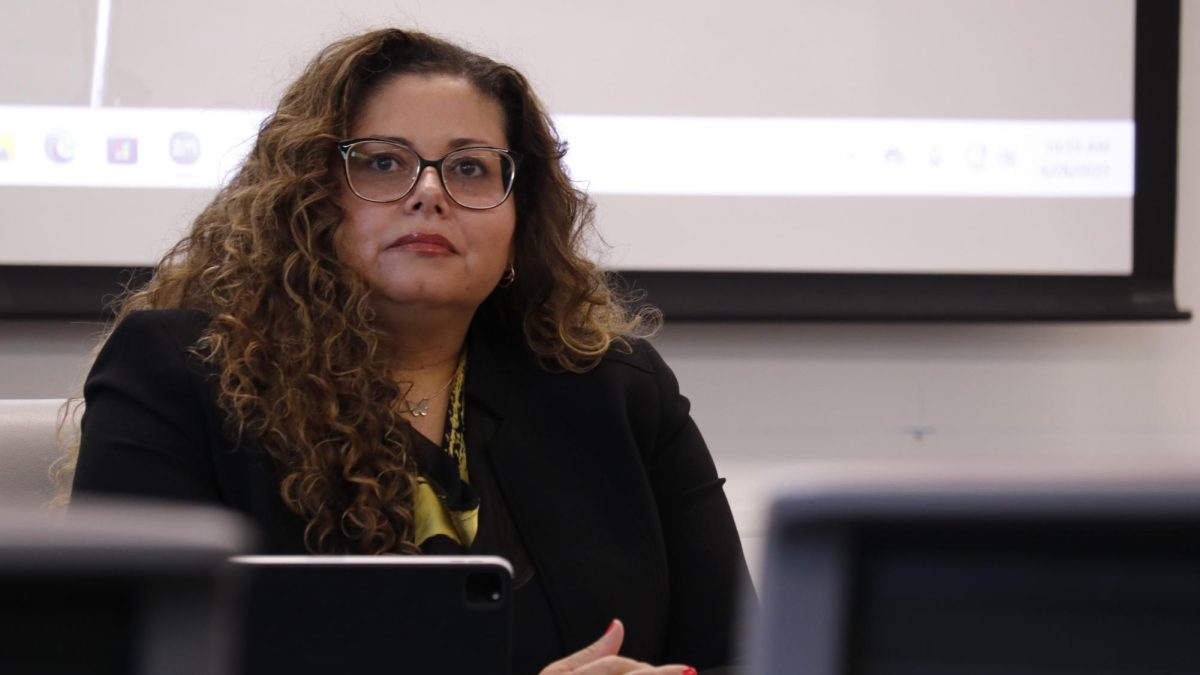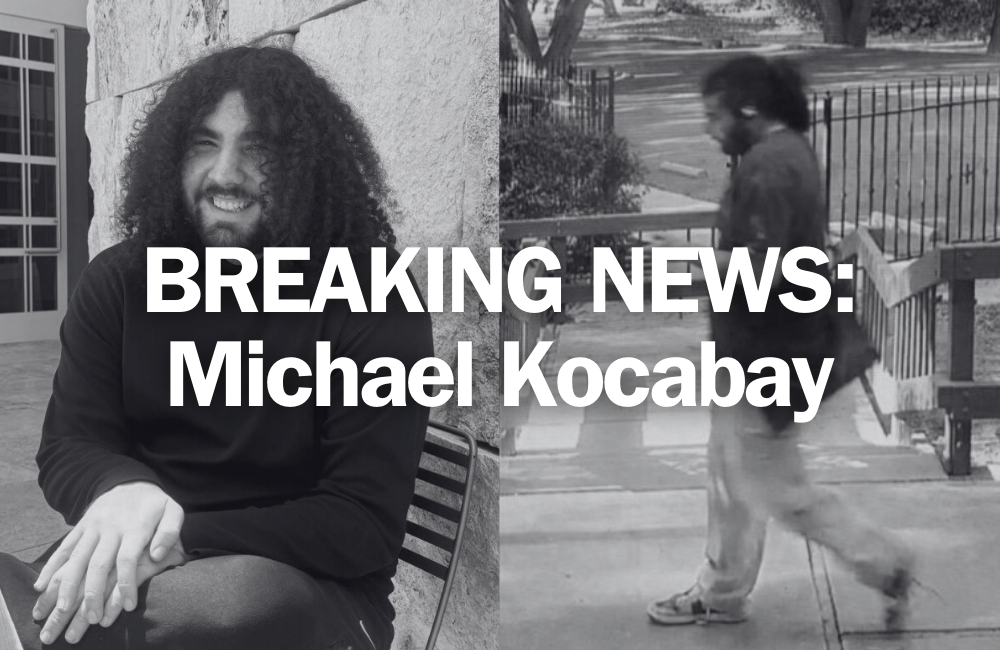
Former foster youth who attend institutes of higher education require more assistance in their college career, Superior Court Judge Zeke Zeidler said in a presentation to CSUN students Wednesday.
These youth have unique barriers to receiving higher education, said Zeidler, CSUN alumnus and former president of Associated Students.
Almost 100 percent of former foster youth need to take remedial math and English courses when they enter the CSU system, Zeidler said. This is compared to 50 percent of overall incoming freshmen.
Less than 1 percent of foster youth who attend a Cal State University graduate, Zeidler said, and foster youth who receive aid to pay for housing are also more likely to be taken advantage of by their parents or family.
While former foster youth are at a higher risk because of these circumstances, not all students are affected and the CSU system is attempting to make the university more welcoming to them.
“Some foster kids are going to make it no matter what,” said Zeidler. “(But) every foster child has a different experience. The campus community must identify (their) needs and find resources for them.”
CSUN’s efforts to create a more accommodating environment for foster youth include accessibility to mentors, advocacy of on-campus housing and foster youth sensitivity-trained advisors, Zeidler said.
CSUN is unique in offering the Resilient Scholars program, Zeidler said.
Resilient Scholars, a group of 30 former foster youth, is a program meant to identify motivated foster youth and assist them in graduating.
However, there are 253 identified current and former foster youth on campus, Zeidler said.
“What’s really needed is for each college to have a liaison to support former foster (youth),” Zeidler said.
A.S. Vice President Sydni Powell asked Zeidler what the student senate could do to support the foster youth population at CSUN.
“The A.S. has such great resources,” said Zeidler. “This includes talking to academic clubs about mentorship and tutoring, or speaking with the health center about creating a mental health support group (for foster youth).”
Powell said she would bring A.S.’s attention to this population of students who need service.



